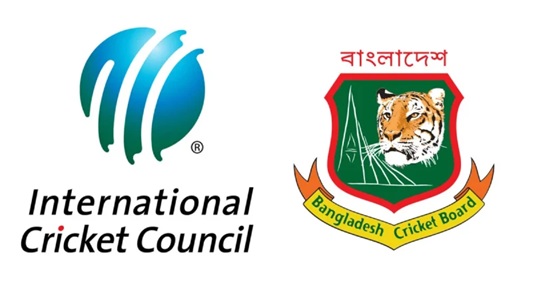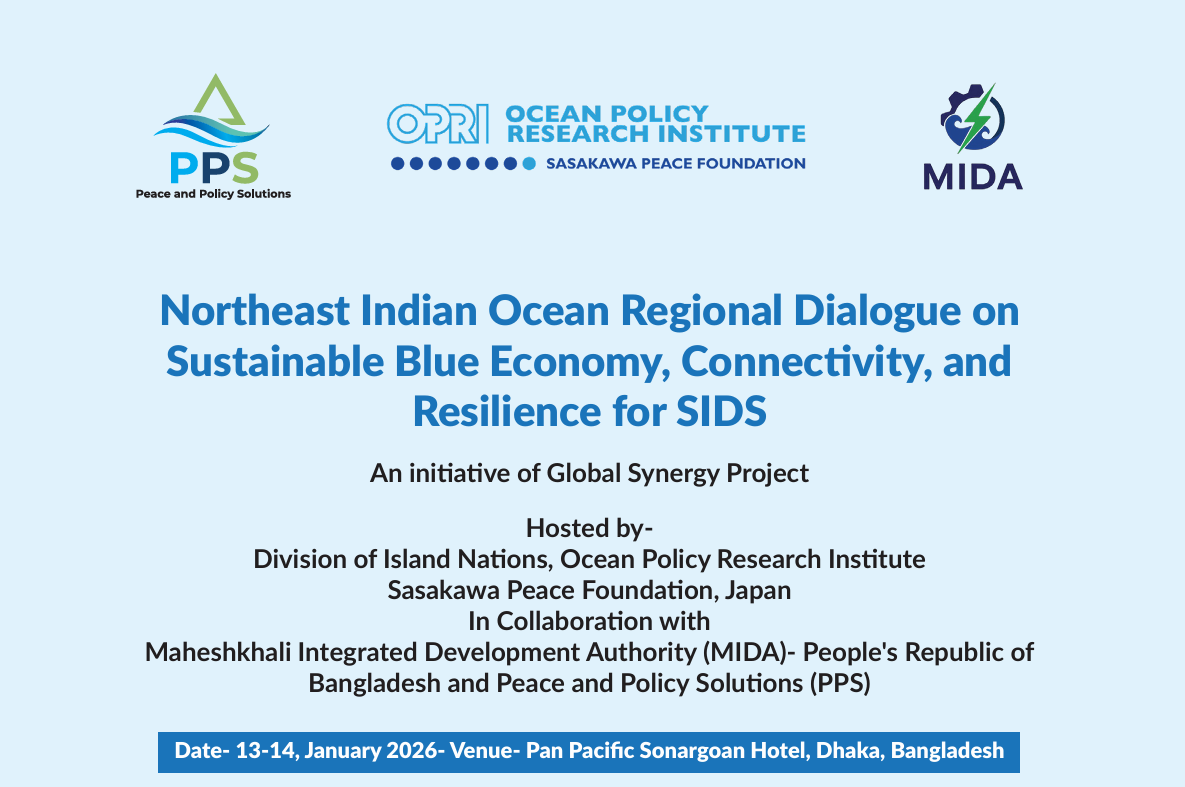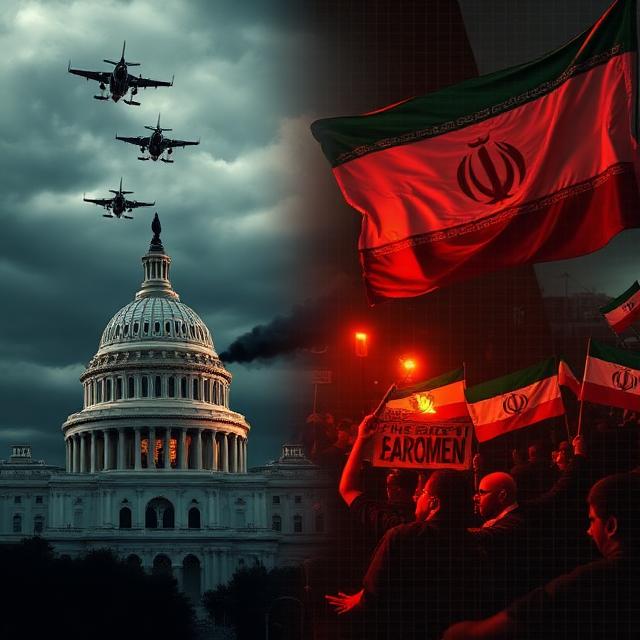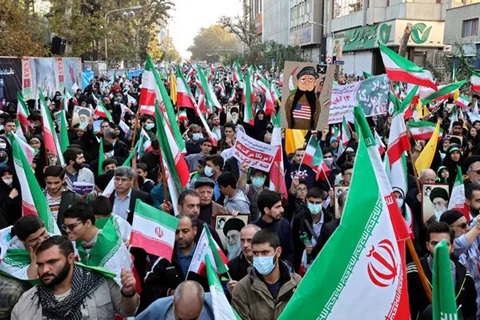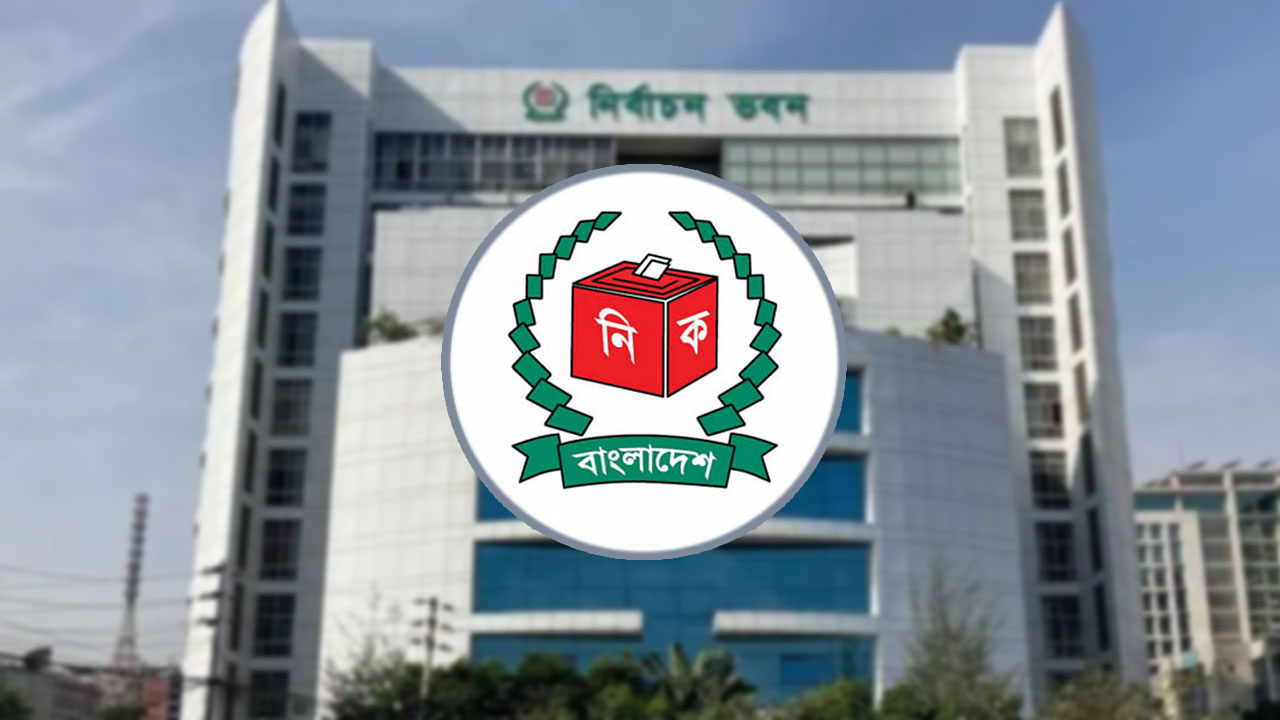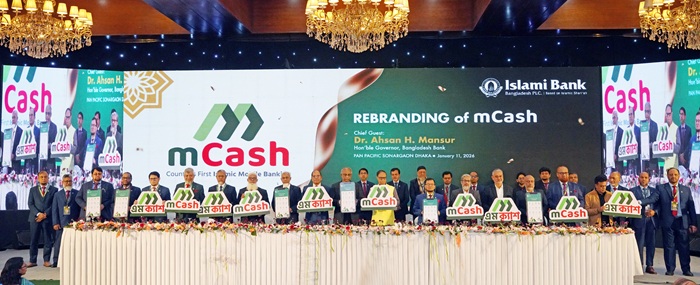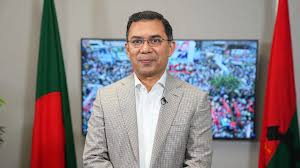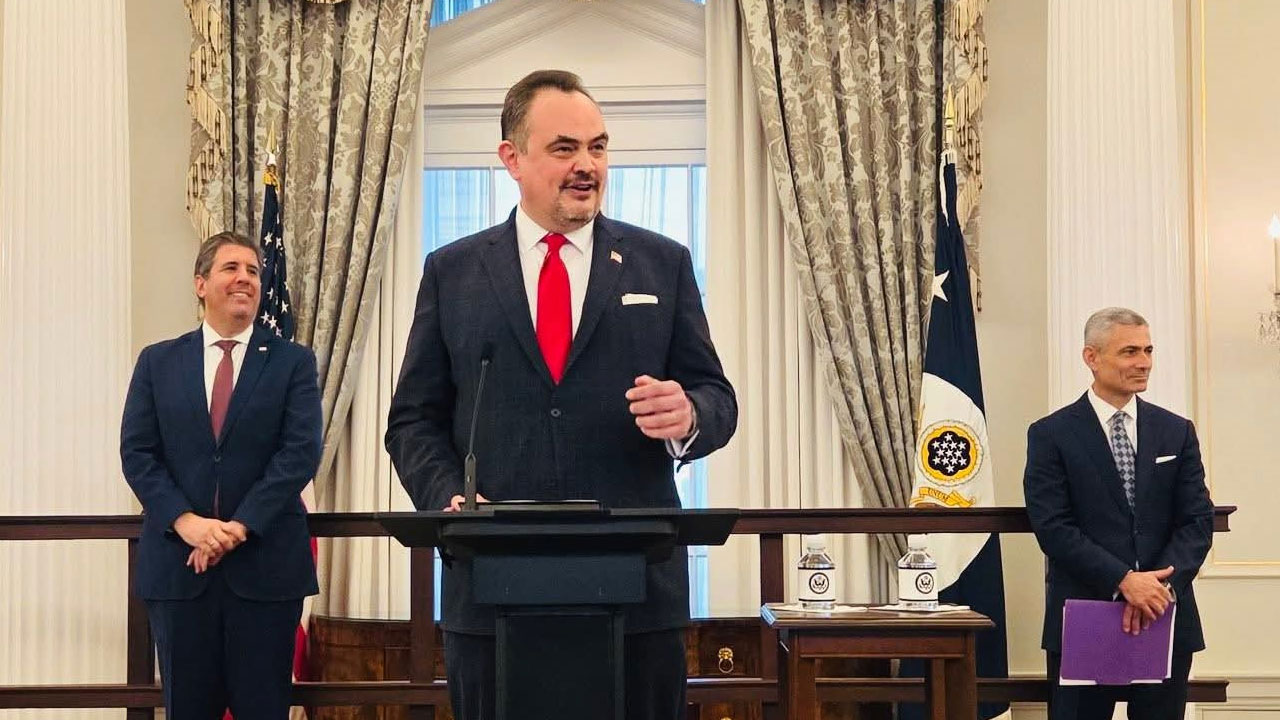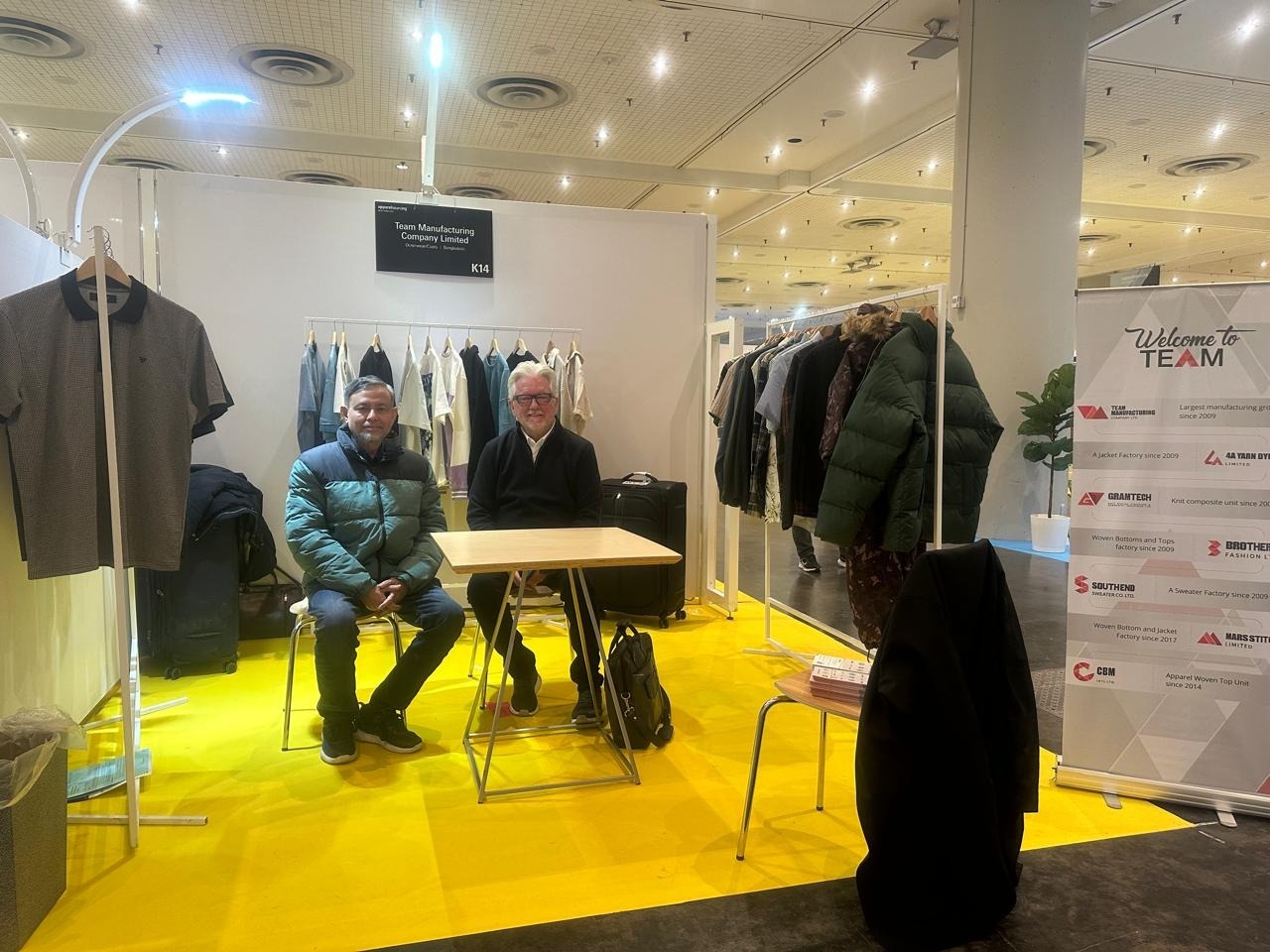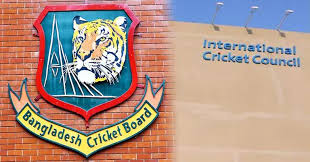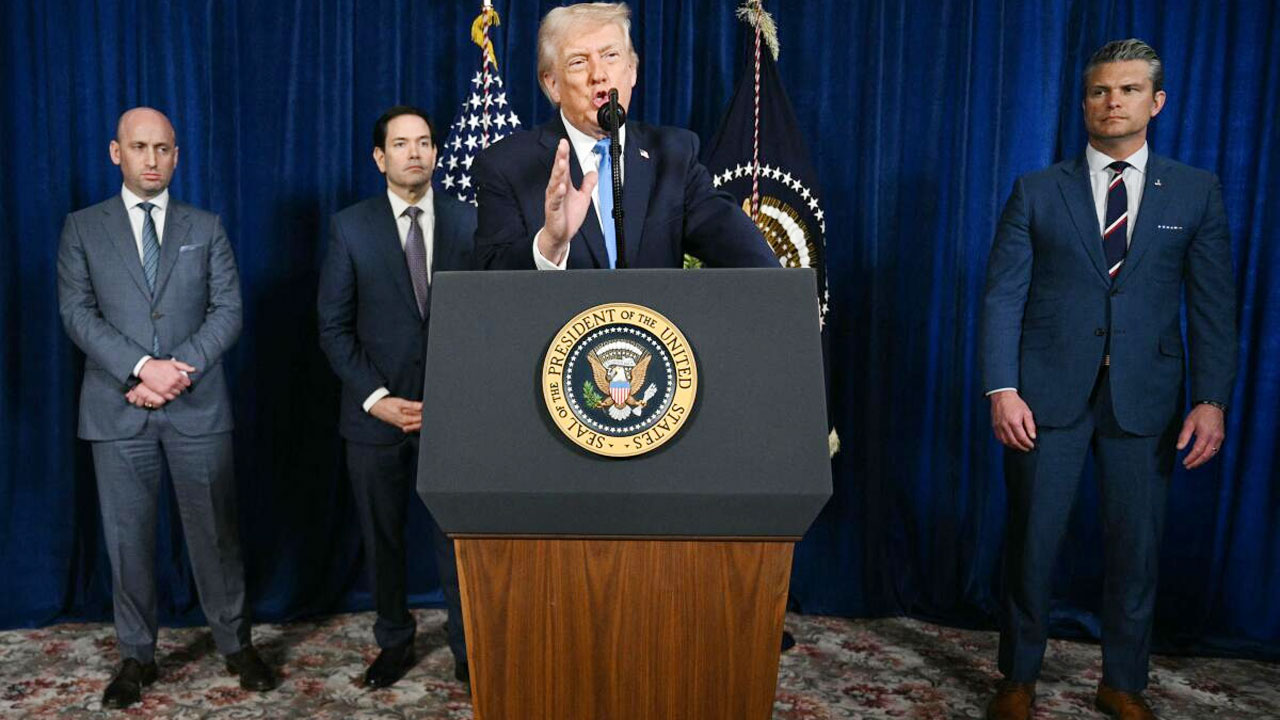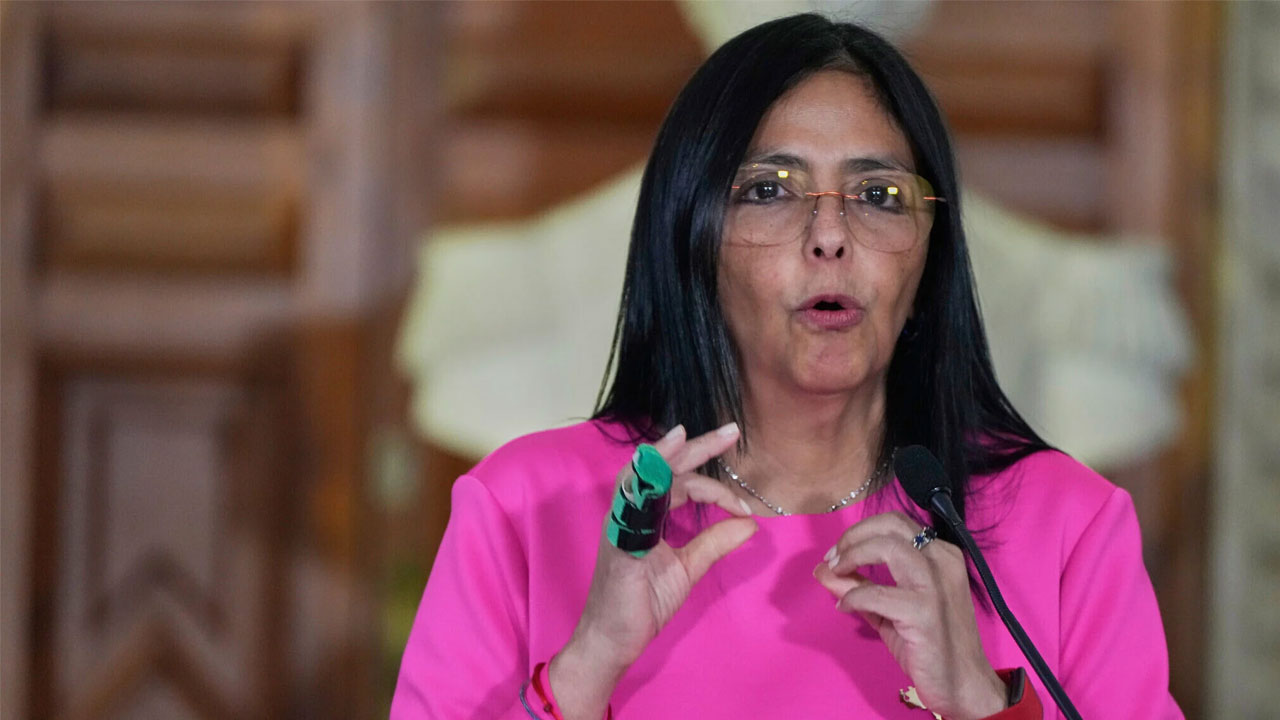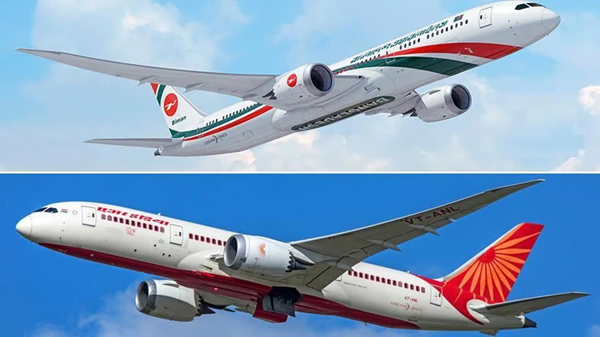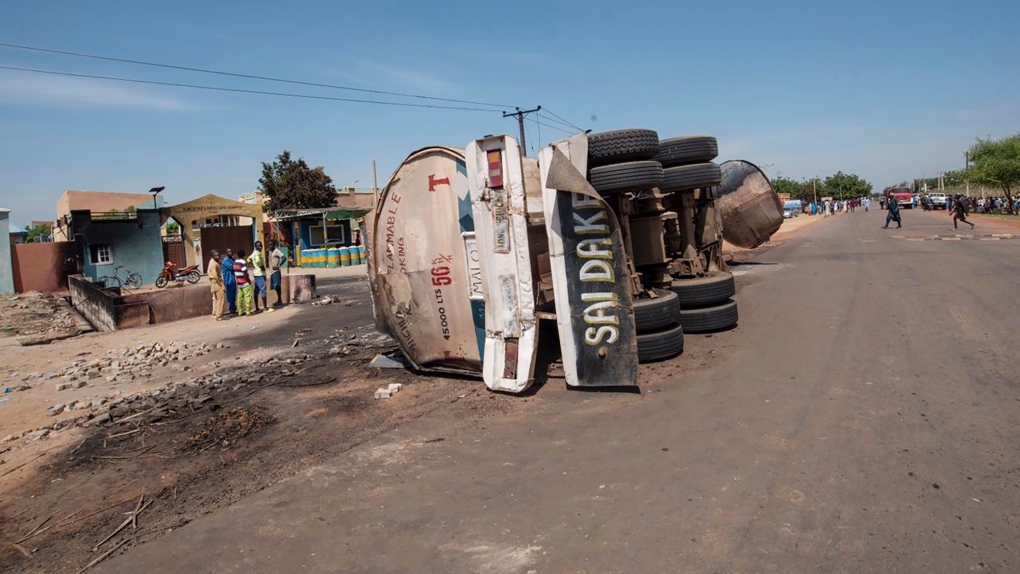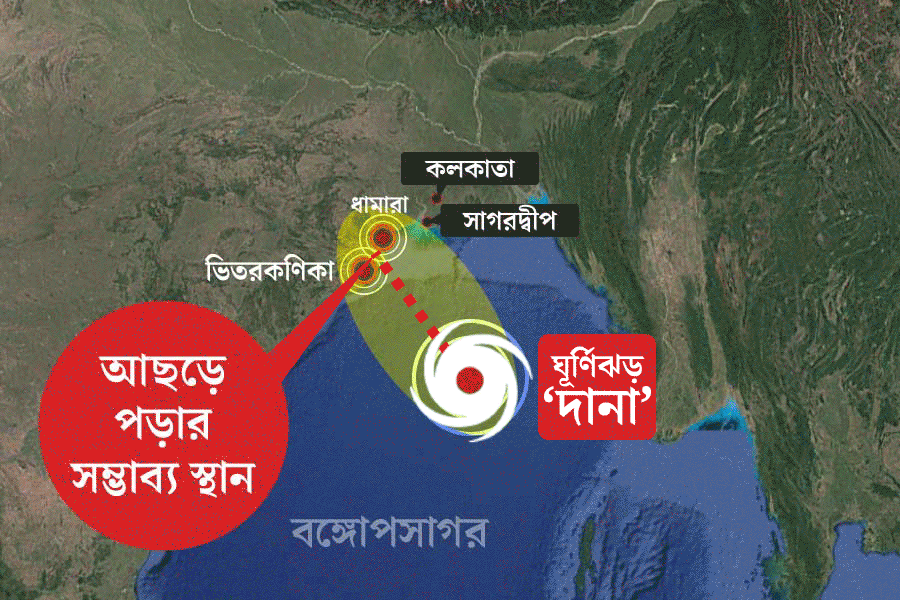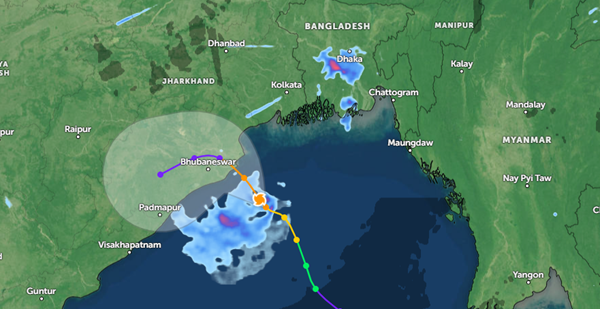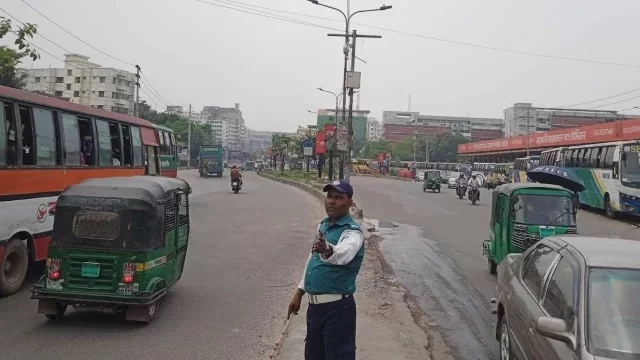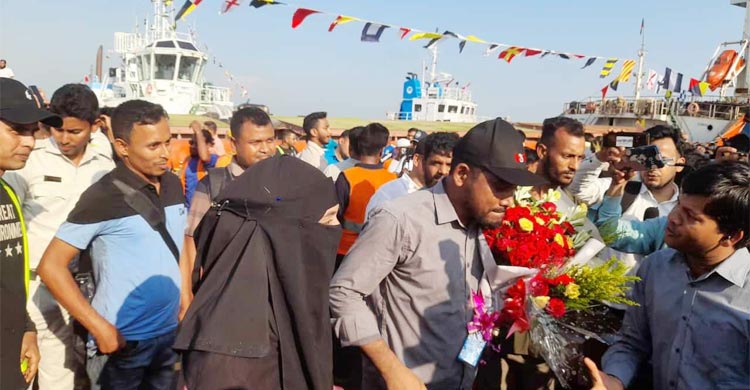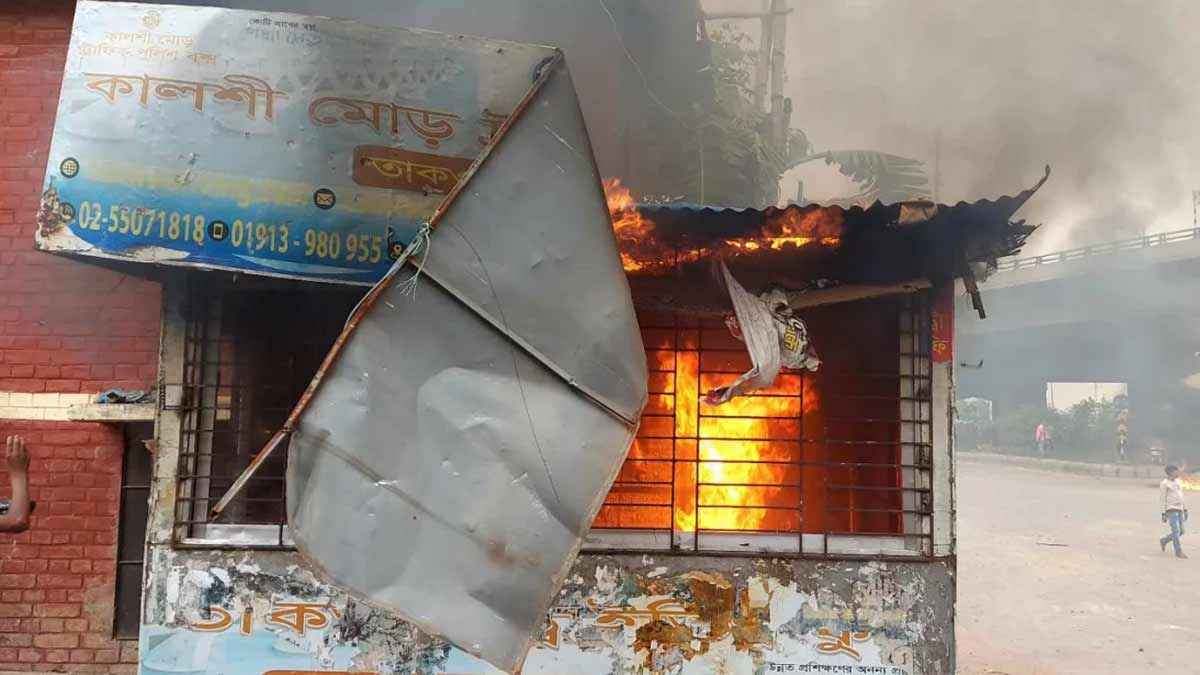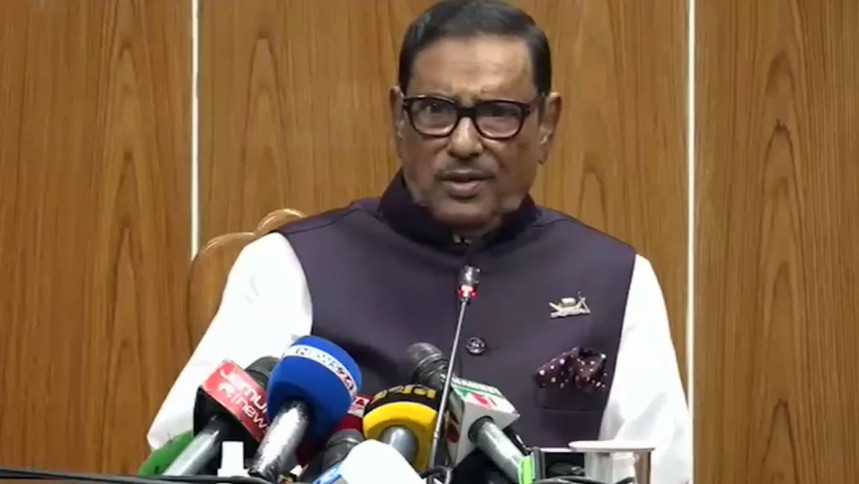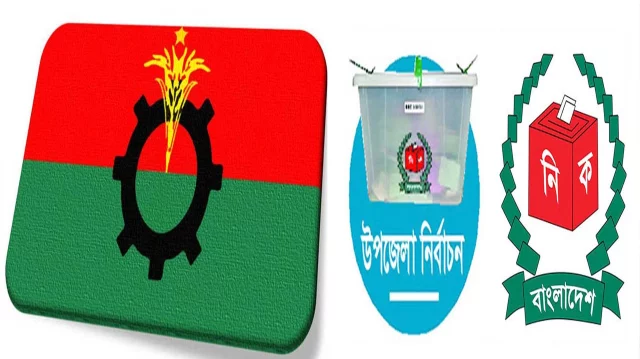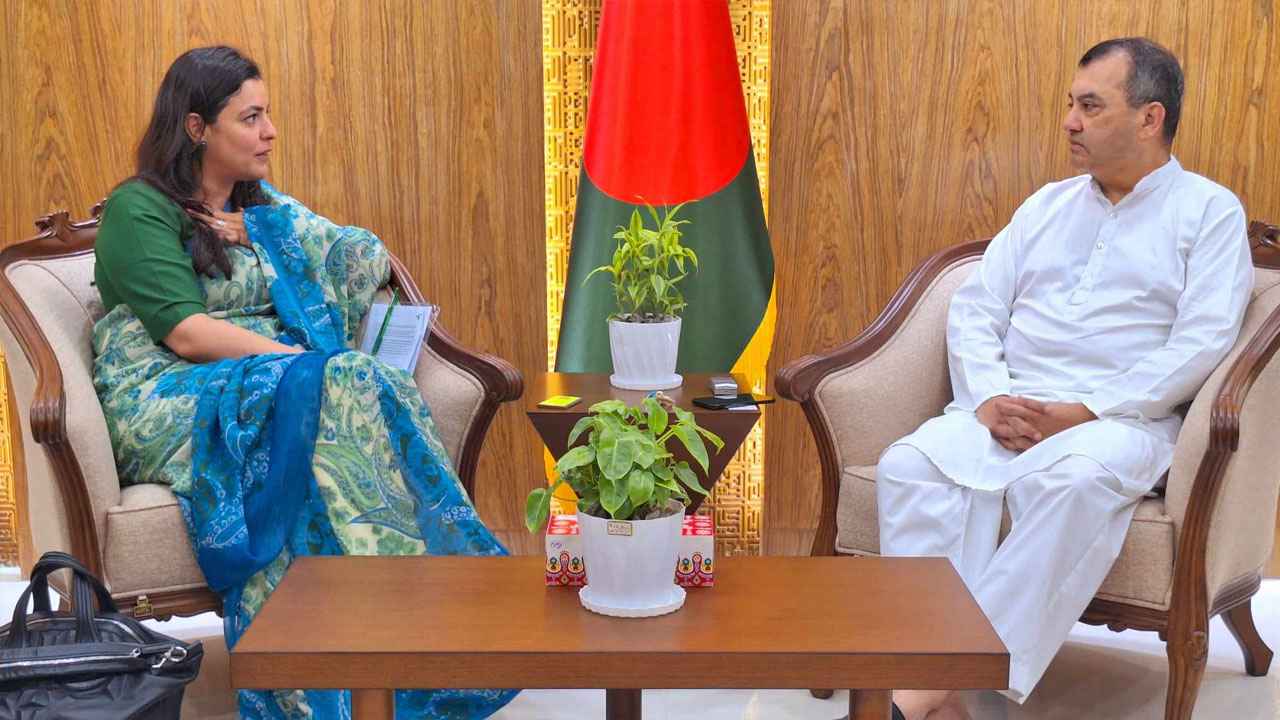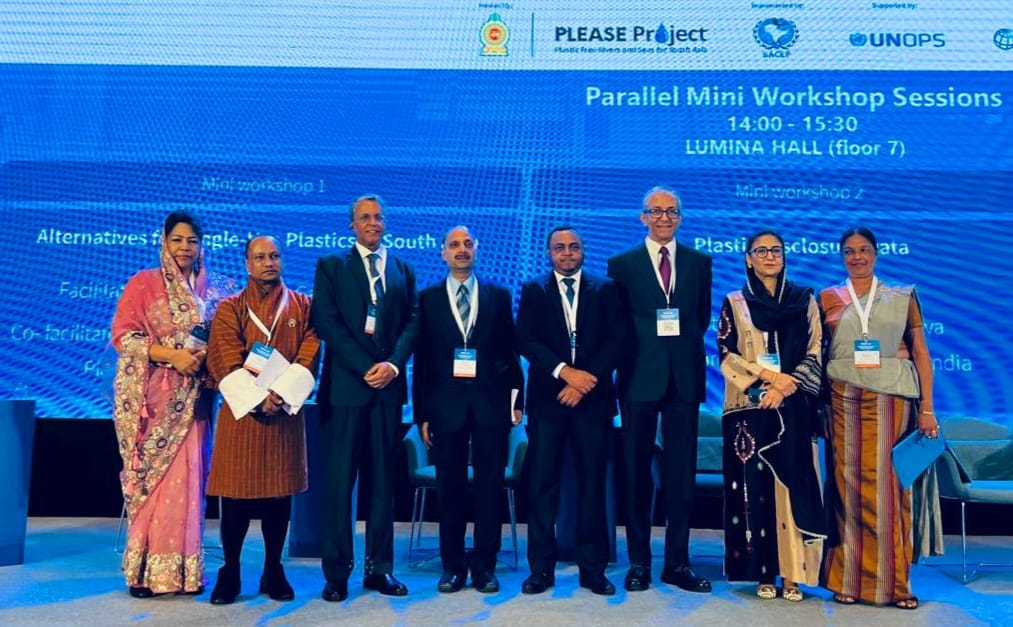
Bangladesh has emphasized the urgent need for a harmonized regional response to tackle plastic pollution. Dr. Farhina Ahmed, Secretary of the Ministry of Environment, Forest and Climate Change, said this while speaking at a high-level panel discussion on “Policy and Regulatory Challenges of Managing Plastic Waste.” The session was held on Monday on the title "the Plastic-Free Rivers and Seas: A Vision for South Asia Regional Roundtable " in Colombo, Sri Lanka.
Dr. Farhina Ahmed said “South Asia, home to some of the world’s most important river systems, is facing a growing plastic pollution crisis. Plastics cross borders, accumulate in our shared waters, and threaten ecosystems and livelihoods alike,”. “This calls for a coordinated regional strategy built on cooperation, innovation, and sustainable financing.”
She outlined three core reasons behind the region’s ongoing struggle to manage plastic waste: inadequate waste management practices including open dumping and burning; weak enforcement of existing policies; and limited regional cooperation on data sharing and joint monitoring.
Dr. Farhina called for the formulation of a South Asian Regional Multisectoral Plastic Action Plan, featuring harmonized policies for a circular economy, unified regulatory standards to reduce plastic generation, and alignment with the Global Plastics Treaty. She proposed strengthening the recycling value chain through collaborative waste collection, sorting, and investment in innovative recycling technologies.
Bangladesh also urged South Asian nations to phase out hazardous plastics and additives while promoting safer, recyclable alternatives. A regional plastic waste tracking system and targeted clean-up programs for legacy plastic hotspots were proposed to improve governance and accountability. She highlighted the need to enhance law enforcement to curb illegal plastic dumping and transboundary leakage.
Dr. Farhina Ahmed emphasized the importance of South Asia-specific research, public-private partnerships for sustainable packaging, and digital tools like AI-driven waste monitoring. “Solutions imported from elsewhere may not work here. We must invest in innovation tailored to our region,” she noted.
To close the funding gap, Environment Secretary called for mobilizing climate and environmental finance and promoting Extended Producer Responsibility (EPR) so industries contribute to waste management costs. She further proposed creating a regional monitoring framework to measure progress, recycling efficiency, and marine litter levels.
“We must move beyond individual national efforts. Let us act boldly, collectively, and urgently—for a plastic-free future in South Asia,” Dr. Ahmed concluded.
Secretary Dr. Farhina Ahmed is leading a three-member Bangladeshi delegation, which includes Shamima Begum, Joint Secretary of the Ministry of Environment, Forest and Climate Change, and Razinara Begum, Director of the Department of Environment.
The Plastic-Free Rivers and Seas Roundtable brings together high-level government officials, policy experts, and environmental leaders from across South Asia to forge a united path toward tackling plastic pollution in transboundary water systems.
